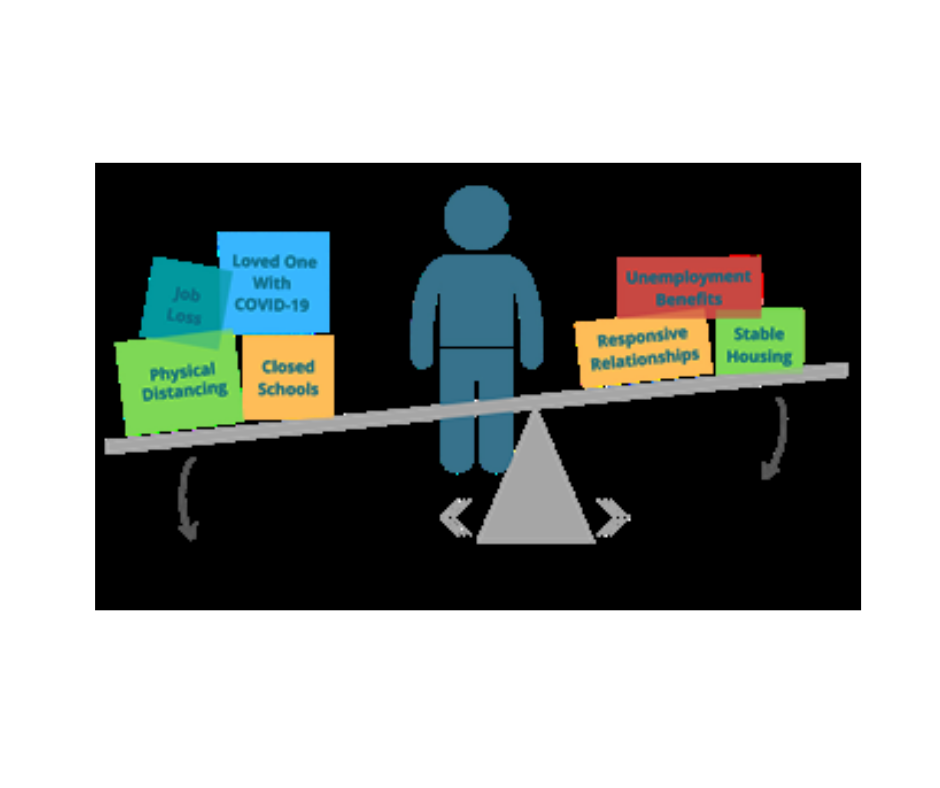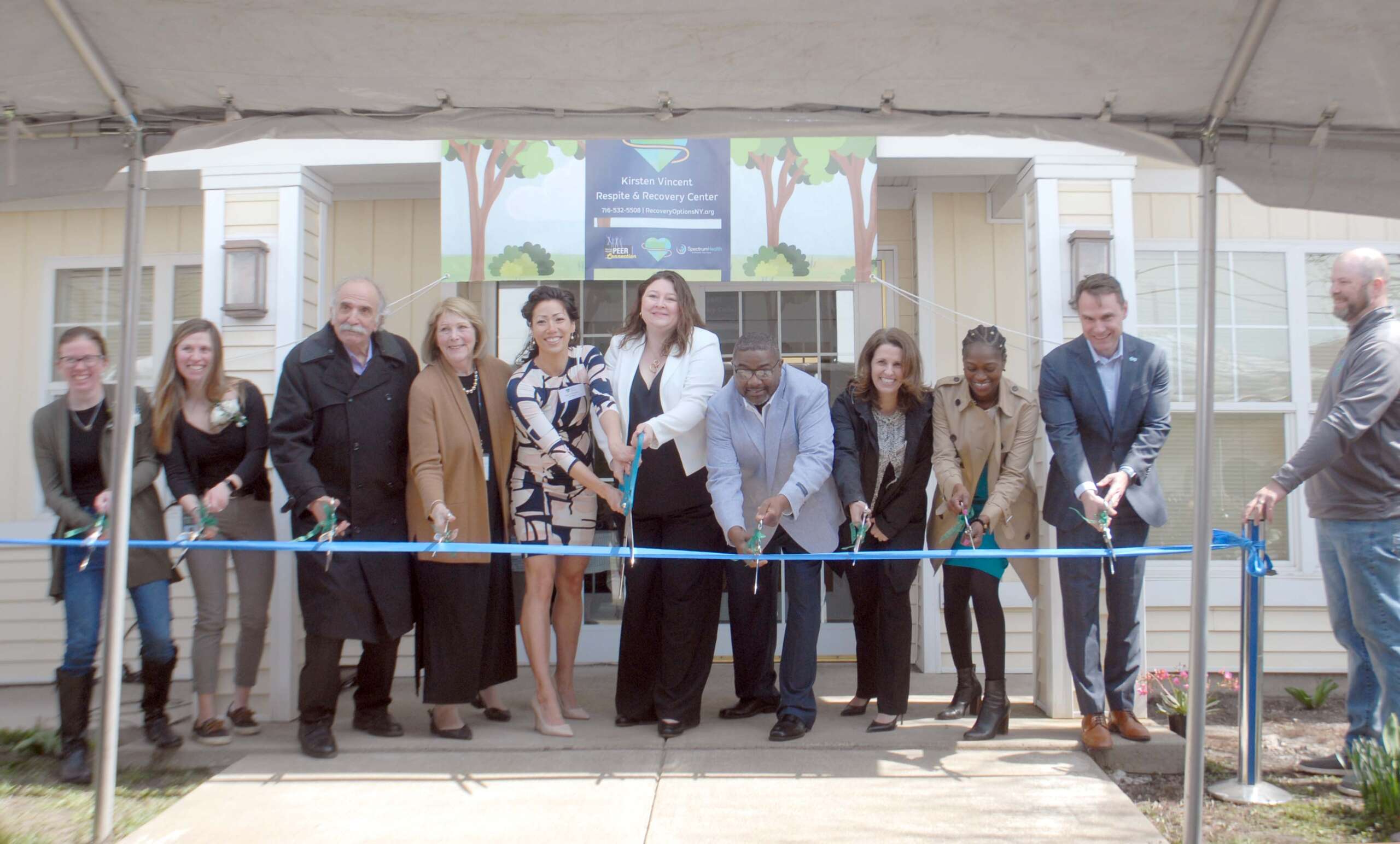By: Olivia Sterns
Mental Resiliency
Mental resilience is our ability to bounce back after tough situations and our ability to create solutions to do so! As many of us have experienced, the events of 2020 have put a strain on our mental health. Specifically in relation to COVID-19, there has been an increased burden for many and even higher numbers reporting mental illness than a typical year. For millions, this life-altering event has been incredibly worrisome and has led to increased fear, anxiety, depression, and other mental health concerns.
Isolation, job loss, financial insecurity, anxiety about illness, and burnout have contributed to these increases in mental illness. Research shows that nearly half of adults in the United States reported decreased mental health due to worry over the virus. As we all continue to be affected by this pandemic, it is important to understand the mental health concerns associated with COVID-19 and how to be most ‘mentally’ prepared. One strategy to stay mentally healthy is resilience!
Mental, or psychological, resilience is defined as an individual’s ability to successfully adapt to life tasks in the face of social disadvantage or highly adverse situations. Put simply, resilience is our ability to bounce back after tough situations and our ability to create solutions to do so!
For many, stressors may take the form of relationship problems, financial concerns, health situations, and more. These events, which are often painful and difficult, often allow for personal growth and the ability to learn to navigate difficult experiences. Although it may seem intrinsic, resilience is not something we are born with – we develop it over time through dealing with tough events.
Balancing the Struggle
One example from the Center on the Developing Child describes resilience as a seesaw or balance scale, where negative experiences tip the scale towards bad outcomes and positive experiences tip it towards good outcomes. When this scale becomes unbalanced towards the negative side, it can strain our mental health. By focusing on the positive side through resilience practices, we can help train our brain to respond more effectively to stress!
In our current lives, the COVID-19 pandemic is a prime example of testing people’s mental resilience because of the hardships many are experiencing in the form of isolation, loss, and more. However, there are ways to tip the scale to the positive side of our seesaw and strengthen resilience skills! Some tips to “unload the negative side” include:
- Focus on self-care: even if you can only take a few minutes each day, going for a walk, exercising, making a meal, or meditating can improve your mental health and clear the head! Practicing mindfulness practices such as yoga, journaling, and reading can help the body naturally adapt to stress.
- Build your relationships: maintaining connections, especially in a time of isolation, can remind you that you have a support system! Reach out to others through the phone or internet for a fun video chat, or plan a socially distanced hangout with masks to strengthen your connections!
- Other options include joining interest groups such as volunteer organizations, hiking/running clubs, or faith-based communities to meet like-minded people with shared interests.
- Seek help from professionals: although it may seem intimidating, mental health professionals are a great resource for building resilience! They can help assist you to develop coping skills, stress management strategies, and healthy outlets for negative feelings.
Getting Help
Although we are not naturally born with mental resilience, it is something that we can all grow and develop! As we switch into the colder months, more people will likely struggle with their mental health. Our Magellan Group client, Harmonia Collaborative Care, provides counseling virtually during this time and would love to assist you with training mental resiliency!
Follow Harmonia Collaborative Care on social media LinkedIn, Facebook, Twitter, Instagram, and visit harmonia-care.org to learn more about their mental health services.








Leave A Comment
You must be logged in to post a comment.